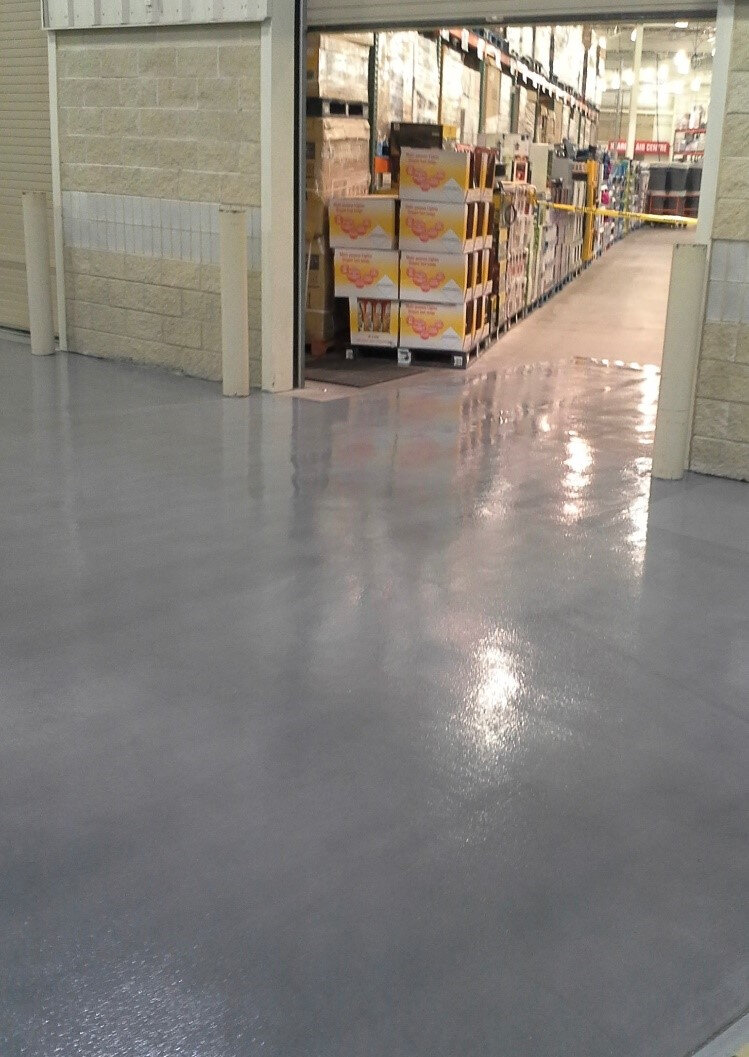
Polyurethane cement flooring has emerged as a top choice in industrial and commercial settings, thanks to its durability, and versatility. This blog delves into the features and benefits of polyurethane cement flooring, helping you understand why it might be the ideal solution for your flooring needs.
What is Polyurethane Cement Flooring?
Polyurethane cement, also known as PU cement, is a high-performance flooring system created by combining polyurethane and cementitious materials. This hybrid flooring solution is designed to withstand harsh conditions, making it suitable for environments that demand exceptional durability and resistance to various forms of temperature stress.
Key Features of Polyurethane Cement Flooring
- Durability: Polyurethane cement flooring is renowned for its exceptional durability. It can withstand heavy loads, impact, and abrasion, making it perfect for industrial settings with heavy machinery and constant foot traffic.
- Chemical Resistance: One of the standout features of polyurethane cement flooring is its resistance to a wide range of chemicals, including acids, alkalis, and solvents. This makes it an excellent choice for environments such as laboratories, food processing plants, and chemical manufacturing facilities.
- Thermal Stability: PU cement flooring can endure extreme temperatures, both hot and cold, without cracking or deteriorating. It is ideal for areas subjected to thermal shock, such as commercial kitchens, freezers, and bakeries.
- Hygienic and Easy to Clean: This type of flooring is non-porous, which prevents the absorption of liquids and growth of bacteria and mold. Its seamless surface ensures easy cleaning and maintenance, promoting a hygienic environment.
- Slip Resistance: Safety is a crucial factor in any workspace. Polyurethane cement flooring offers excellent slip resistance, reducing the risk of accidents and ensuring a safer working environment.
- Customizable: Available in various colors and finishes, polyurethane cement flooring can be tailored to meet aesthetic and functional requirements. This makes it suitable for both utilitarian and decorative purposes.

Benefits of Polyurethane Cement Flooring
- Longevity: Thanks to its durability and resistance to wear and tear, polyurethane cement flooring has a long lifespan. This translates to lower maintenance and replacement costs over time.
- Improved Safety: The slip-resistant surface reduces the risk of slips and falls, contributing to a safer workplace. Its resistance to chemicals and extreme temperatures also minimizes the risk of flooring damage that can lead to accidents.
- Enhanced Hygiene: The non-porous and seamless nature of PU cement flooring makes it easier to maintain a clean and sanitary environment. This is particularly beneficial in industries like food processing, pharmaceuticals, and healthcare, where hygiene is paramount.
- Cost-Effective: While the initial installation cost might be higher compared to other flooring options, the long-term benefits, including reduced maintenance and replacement costs, make it a cost-effective solution.
- Versatility: From heavy industrial use to commercial kitchens and laboratories, polyurethane cement flooring is versatile enough to meet the demands of various industries. Its customizable nature also allows it to fit different aesthetic and functional requirements.
Conclusion
Polyurethane cement flooring is a robust, versatile, and cost-effective solution for industrial and commercial environments. Its durability, chemical resistance, thermal stability, and hygienic properties make it a preferred choice for areas subjected to harsh conditions. By choosing PU cement flooring, businesses can enjoy a long-lasting, safe, and easy-to-maintain flooring solution that meets both functional and aesthetic needs.
